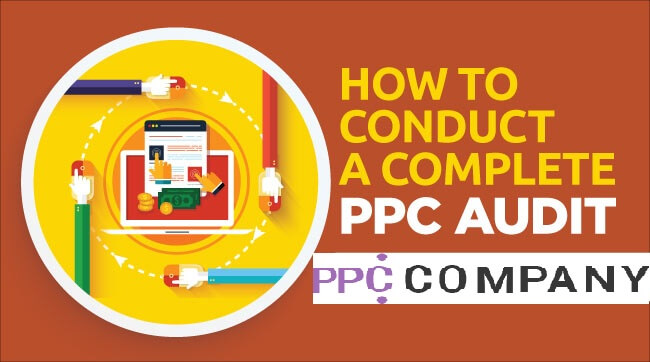Common PPC Campaign Audit Tasks That Your Agency Must Know

Achieving optimal performance of a paid search campaign involves a number of factors, including keyword and competition research, geographical targeting, standard optimization, manual bidding, tracking, data collection, cost-per-acquisition and landing-page optimization, and periodic paid search audit. Campaign managers typically focus on all factors but one, audit of the account. As a result, many campaigns start to falter over time or fail to peak in terms of performance.
Most look for PPC campaign audit when a multitude of issues plagues the campaign; however, that is a poor approach. Industries veterans recommend periodic quarter audit by in-house team and bi-annual audit by seeking PPC audit services if one wants to remain competitive in the paid search pool, as irrespective of the effort one puts in, the campaign starts to manifest issues, which, if remain undetected, can wreck the campaign’s performance discreetly. Here we discuss what audit entails, and what an in-house team do perform a comprehensive audit.
What is PPC audit?
It is the process of evaluating and analyzing the PPC account, while revisiting the array of settings, general as well as advance, that often overlooked by the account managers. Based on the evaluation, a multitude of remedial steps, along with the in-trend strategy, are offered, which aim to improve the account performance. The areas that you have focus on to perform the PPC audit.
#1 Default Campaign Settings
It may look basic to many; however, in our experience as a PPC Audit Services provider, we come to know campaign managers tend to overlook the default campaign settings, and that is where the problems begin. Most keep the default campaign type at standard at the beginning; however, change it to specific settings to reach the objectives envisioned by the business. If you find a campaign with the standard settings, then the work starts there.
You have to select all features, and set up:
- Ad scheduling
- Ad rotation
For optimizing these settings, data is required, which guides for scheduling and rotation. At this stage, you should access the advanced location targeting settings, where, based on the requirement, an auditor can restrict the ad to a specific devices and location—it is the most common mistake committed in the industry, which, largely, drains the capital without any conversion.
#2 Keywords and Ad groups
The next area that you have to focus on is the keywords, where you have to examine three tabs “keywords,” “negative keywords,” and “search terms.” Typically, the problem area is list of keywords that are expensive, which propels the ad spend; the strategy rather should be to focus on the keywords that are relatively inexpensive. The other component that campaign managers commonly do not put to use is the negative keywords; if negative keywords are used skillfully, it proves to be a great way to check irrelevant traffic.
Settings to check in keywords while doing paid search audit
- If a large of keywords has “broad match type,” tag it as red zone, which needs comprehensive analysis
- Look for duplicate keywords; the approach is to have a more controlled ad group with relevant keywords
- Too many keywords undermine organization, which is key to successful account, and thus, break it in ad groups.
#3 Account Structure
Google designed Ads with an approach to structure the tool in a account, campaign, ads, ad groups and keywords, which makes running of the account easier. And thus, all PPC campaign audit should evaluate the structure based on the topics, products, services, and network type.
Other than these areas, auditor must also check the implementation of the ad extension, remarketing, and ad details to get the best results.
We offer white label PPC management services that have taken the paid campaign to a new level and bring maximum ROI to a number of agencies. So if you are looking for a top-notch PPC agency, feel free to contact us.

